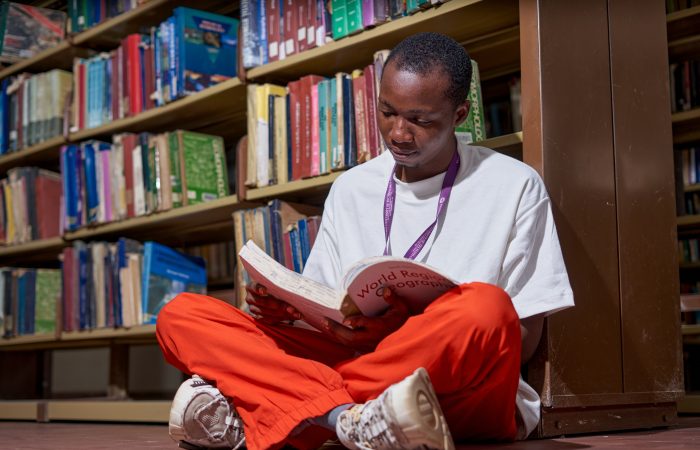- Home
- About
- Academics
- Centers
- Centres
- CENTRE FOR GENETIC ENGINEERING AND BIOTECHNOLOGY (STEP-B FUNDED CENTRE OF EXCELLENCE)
- Africa Centre of Excellence for Mycotoxin and Food Safety
- Centre for Disaster Risk Management and Development Studies
- Centre for Human Settlements and Urban Development
- Centre for Preliminary and Extra-Mural Studies
- Climate Change and Human Habitat of the West African Science Centre for Climate Change and Adapted Land Use
- Centre for Open Distance e-Learning
- Entrepreneurship
- Equipment Maintenance Centre
- International Test Centre
- Career Development Centre
- Units
- Anti-Corruption and Transparency Unit
- Academic Planning Unit
- Advancement Office
- Bursary
- Information Technology Services
- University Legal Unit
- Procurement
- Physical Planning and Development
- Quality Assurance and Productivity
- Registry
- SERVICOM
- Students Industrial Work Experience Scheme
- Student Support Services
- Directorates
- Centres
- TETFUND
- Portal
- Enterprises
- Policy Document

